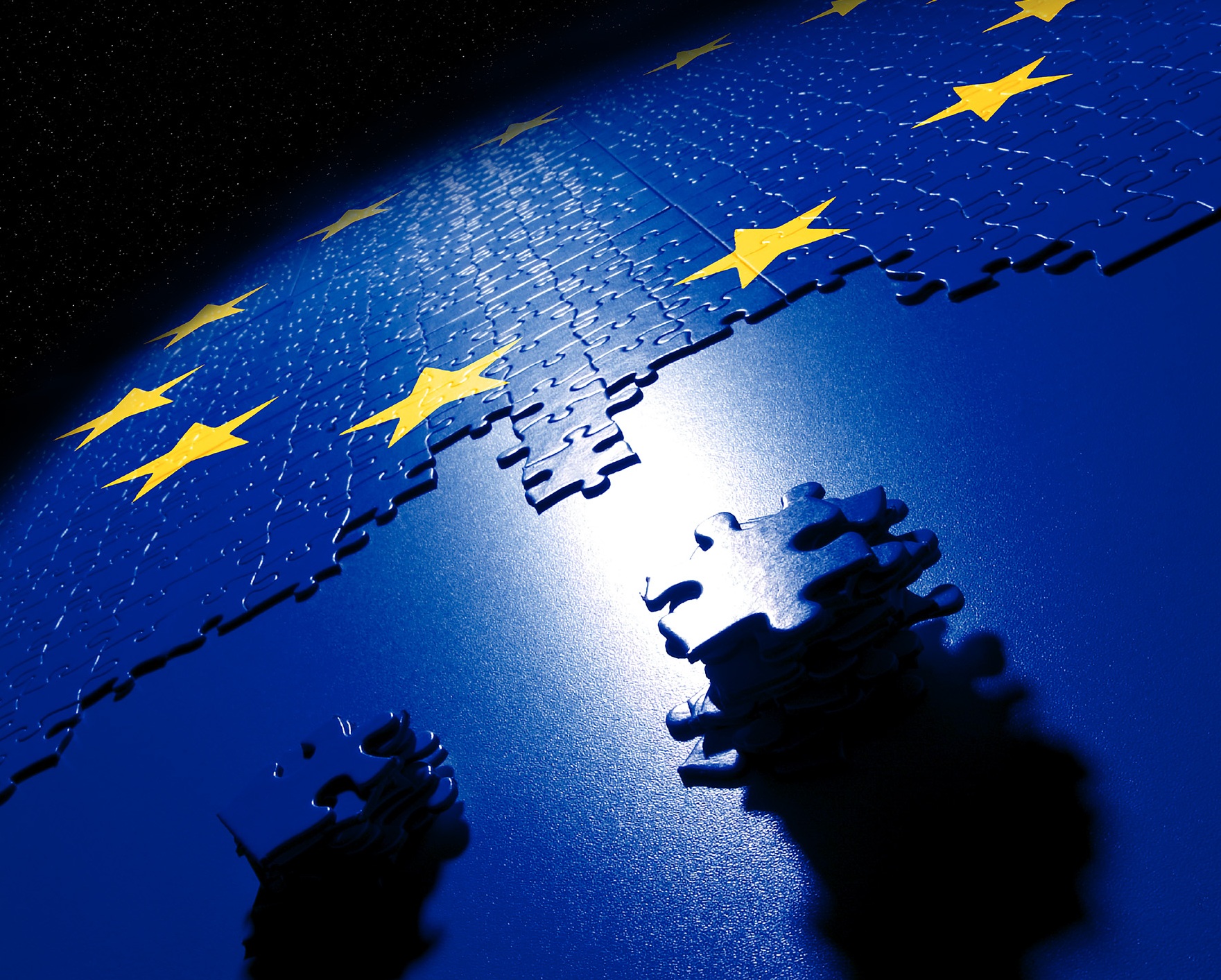Note
I hope that the Austrian Presidency of the EU Council will bring concrete steps towards a common asylum system throughout the EU. There is need for an appropriate political strategy aimed at stemming the numerous regional conflicts that are the main cause of refugee movements. Measures are needed to level out economic injustice, which drives whole States into impoverishment. Much more must be done to ensure that people outside Europe are given the opportunity to take control of their own lives. The future of Europe will not be decided along the refugee routes, but in the refugee camps in the Near East and the crisis regions of Africa

On 1 July 2018, Austria took over the six-month Presidency of the Council of the European Union. Many people currently feel threatened by global developments and upheavals: one such example is climate change, which can no longer be denied, structural changes in the labour markets, growing social inequality, and ageing populations throughout Europe. Many fear a reduction in their social status and expect a sufficient degree of protection and security from their politicians.
Against this background, the Austrian Federal government has taken over the Presidency with the motto “A Europe that protects”. Whether or not this motto will enable the political and social powers to allay fears and solve hanging problems, will depend on those in positions of responsibility.
However important the continuing development and reshaping of the European Union may be, “A Europe that protects” must take full account of the social dimension.
Important issues include preparing young people for a changed labour market, ensuring fair and decent working conditions and reasonable pay, social security in the case of illness and unemployment, and adequate provision for old age. There are still regions and population brackets within the EU in conditions of severe poverty. European funding programmes can help overcome poverty-driven migration, prevent human trafficking and enable people to lead a dignified life.
But “A Europe that protects” does not only apply to those who live in the EU, but also to those who are persecuted or whose lives are threatened and who therefore seek refuge in the EU. Protection does not only mean accepting these people into the member States of the European Union and duly examining their applications for asylum. Most of all, it means ensuring the integration of those who have already been granted asylum.
Integration must begin from the very first day, bringing people into the heart of society.
I thank all those who are dedicated to such work, thus serving the common good.
I hope that the Austrian presidency will bring concrete steps towards a common asylum system throughout the EU. There is need for an appropriate political strategy aimed at stemming the numerous regional conflicts that are the main cause of refugee movements. Measures are needed to level out economic injustice, which drives whole States into impoverishment. Much more must be done to ensure that people outside Europe are given the opportunity to take control of their own lives. The future of Europe will not be decided along the refugee routes, but in the refugee camps in the Near East and the crisis regions of Africa.
By far the greatest political challenge currently facing Europe is the conclusion of the negotiations on the exit of the United Kingdom from the European Union. Mutual insults should be avoided and the way forward to new relations made possible. Even when the UK will no longer be a member of the EU, it will remain an important and inseparable part of Europe.
Closely related to Brexit is the discussion of the financing and arrangements for the redistribution of tasks between the European Union and its member States. The Austrian presidency intends to carry out this debate with the key word “subsidiarity”, a principle of Catholic social doctrine. As far as the European Union is concerned, it is important to clarify those responsibilities that can better be devolved to the member States, and those that are better dealt with by the institutions of the European Union. At the same time, the reform of the European Union should not lose sight of a second, also Christian, principle: solidarity. The European Union has always been a community based on solidarity, striving for social and economic balance between the member States and their regions, in order to strengthen the social stability of Europe. A “slimmed down, cheaper European Union” could put these achievements at risk.
Austria has declared that it will focus its attention to stability in the neighbouring regions, especially in the countries of the western Balkans and in former Yugoslavia. This government approach is shared by the Austrian bishops, who at their last plenary assembly met with the bishops of Bosnia-Herzegovina in Sarajevo. The future accession of these countries to the EU is a clear hope of many, in the belief that it will lead to them living more peacefully side by side. Even greater political, economic and cultural efforts are needed to guide these countries towards membership of the European Union.
Christians are called to contribute to “Europe as a building site” in accordance with the Gospels. This phrase, applied by the Austrian bishops in the run-up to the accession of Austria to the EU 24 years ago, is still relevant today. This commitment should be continued, accompanied by the “Prayer for Europe” of Cardinal Carlo Maria Martini (1927-2012) and which I particularly entrust to the faithful with the advent of the Austrian presidency of the Council.
(*) archbishop of Vienna – Editorial for “Europe infos” (COMECE)